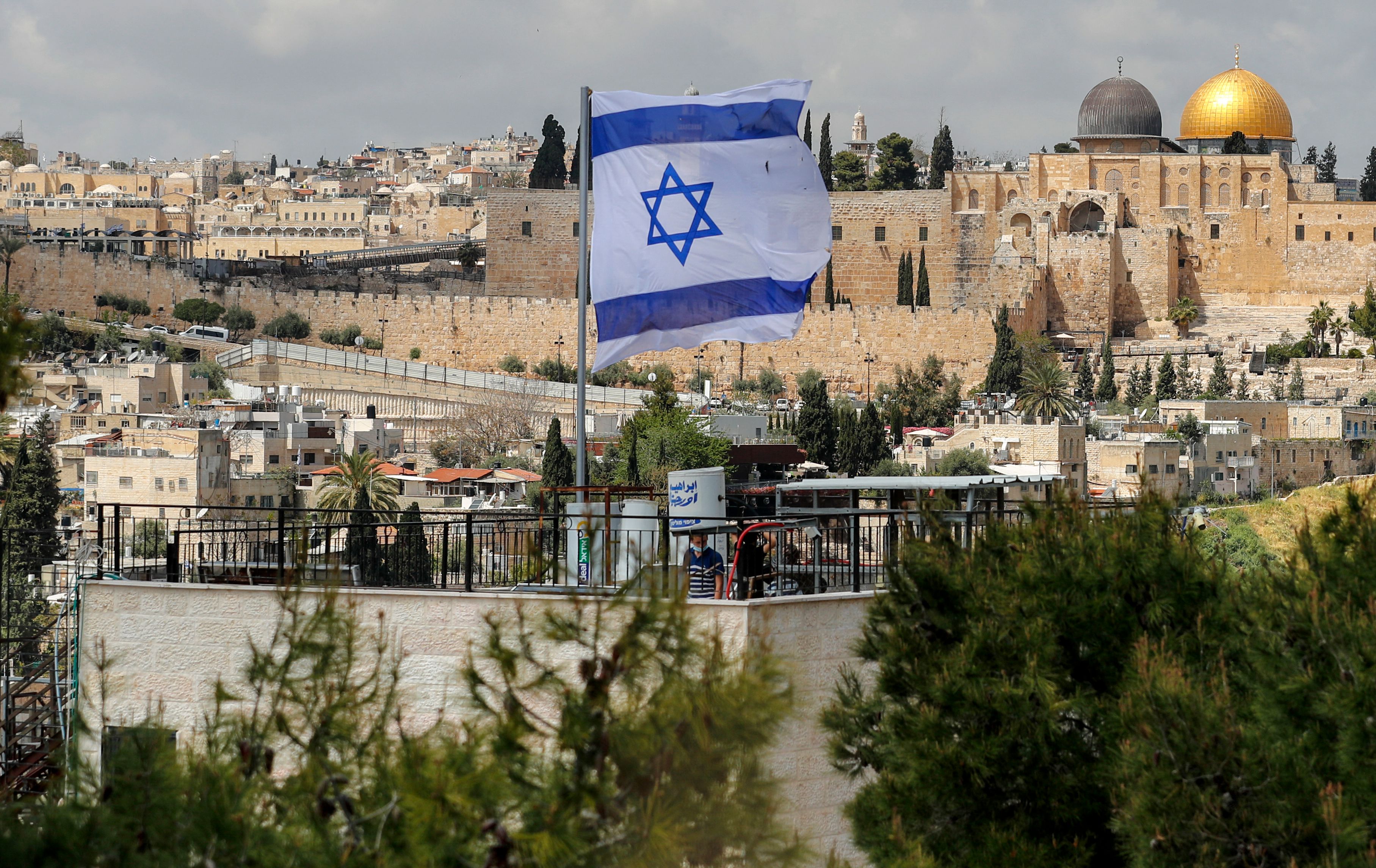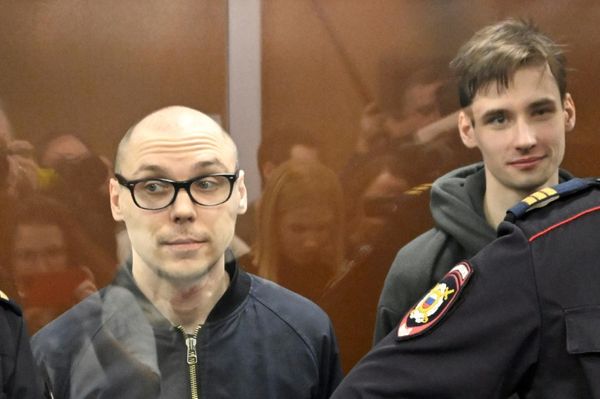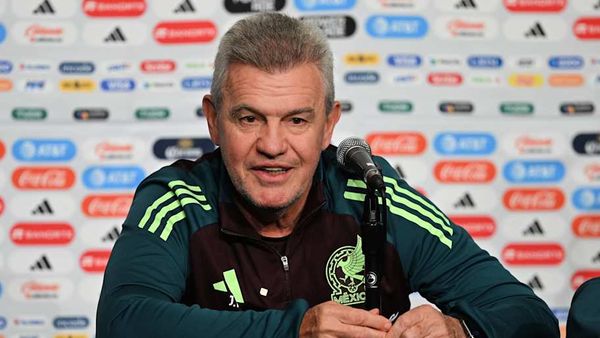
Palestinian officials have threatened to postpone their first elections in more than 15 years if Israel does not allow voting in East Jerusalem.
Nabil Shaath, an advisor to Palestinian President Mahmoud Abbas, was among the latest officials to warn that elections are “very likely” to be delayed if voting in east Jerusalem is not allowed.
Speaking to Lebanese newspaper An-Nahar, he accused Israel of ignoring a request by the Palestinian Authority and said that the PA’s foreign minister Riyad al-Maliki will travel to Europe to urge European countries to pressure Israel for the issue.
He said it was important as not permitting ballot stations in East Jerusalem perpetuates Israel’s attempts to “separate Jerusalem from [the Palestinians]”.
On Wednesday Abbas’s spokesman, Nabil Abu Rudeineh also told the official radio station Voice of Palestine that the PA "will not hold the elections if Israel does not allow polls in East Jerusalem".
However, Abu Rudeineh said that European countries are continuing to "press Israel to allow elections in East Jerusalem, but say they cannot force Israel to permit them".
Israel which sees Jerusalem as its undivided capital has yet to say whether it would permit voting in East Jerusalem. It usually bars any PA activity from taking place inside the city.
The Independent reached out to Nabil Shaath but received no immediate response. The Israeli embassy in London declined to comment.
President Abbas, who heads the Fatah party, has repeatedly promised to hold the elections which are scheduled to take place on 22 May but also said it would be dependent on voting in East Jerusalem. The vote would be the first since 2006, which was won by Fatah’s rivals Hamas, a militant group, who secured a landslide victory and seized power in Gaza the following year.
Israeli restrictions on Palestinian voters in East Jerusalem could give Abbas and his supporters a pretext for calling off an election that he appears increasingly unlikely to win.
Tensions have flared among the Palestinians in recent weeks, as Fatah has split into three rival lists, including one led by Marwan Barghouti, a popular leader of the second Palestinian uprising in the early 2000s who is serving five life sentences in an Israeli prison.
Polls point to a split Fatah vote bolstering Hamas, which remains unified and which could potentially end up the largest party in parliament after any election. If Barghouti decides to run for president in a later vote planned for July 31, he is expected to easily defeat 85-year-old Abbas.
It would also elevate a new leadership that Israel, the United States and the European Union view as terrorists.

Israel captured East Jerusalem, the West Bank and Gaza, in the 1967 war. They are territories that the Palestinians see as their future state with Jerusalem as their capital. Israel later annexed East Jerusalem and views the entire city — along with its holy sites sacred to Jews, Muslims and Christians — as its unified capital.
In a speech Sunday night, Mr Abbas said "we are determined to hold elections on time in all the Palestinian areas in which we previously held them — namely, the West Bank, east Jerusalem and the Gaza Strip."
However late Sunday the Palestinian Central Elections Commission said if Israel does not allow voting in East Jerusalem, it is "ready to implement any arrangements based on guidance from the Palestinian political leadership."
On Tuesday, Mr Shaath said that would “very likely” mean early elections.
There are several options that would allow the vote to go ahead.
The election commission has said that, as with past elections, some 6,300 East Jerusalem residents could vote at post offices, requiring Israeli permission to accept ballots. The rest of roughly 150,000 eligible East Jerusalem voters would then be able to cast ballots on the outskirts of the city which would not need Israel’s approval.
For those in the city centre, there have been suggestions they could set up voting booths inside Al-Aqsa mosque compound, a holy site in the heart of the city under Jordanian custodianship. This would be quite provocative.
Less controversially, the 6,300 Palestinians could vote in the West Bank or on the other side of Israel’s separation wall, which East Jerusalem residents can access. The Palestinians might also seek to use UN facilities in East Jerusalem.







